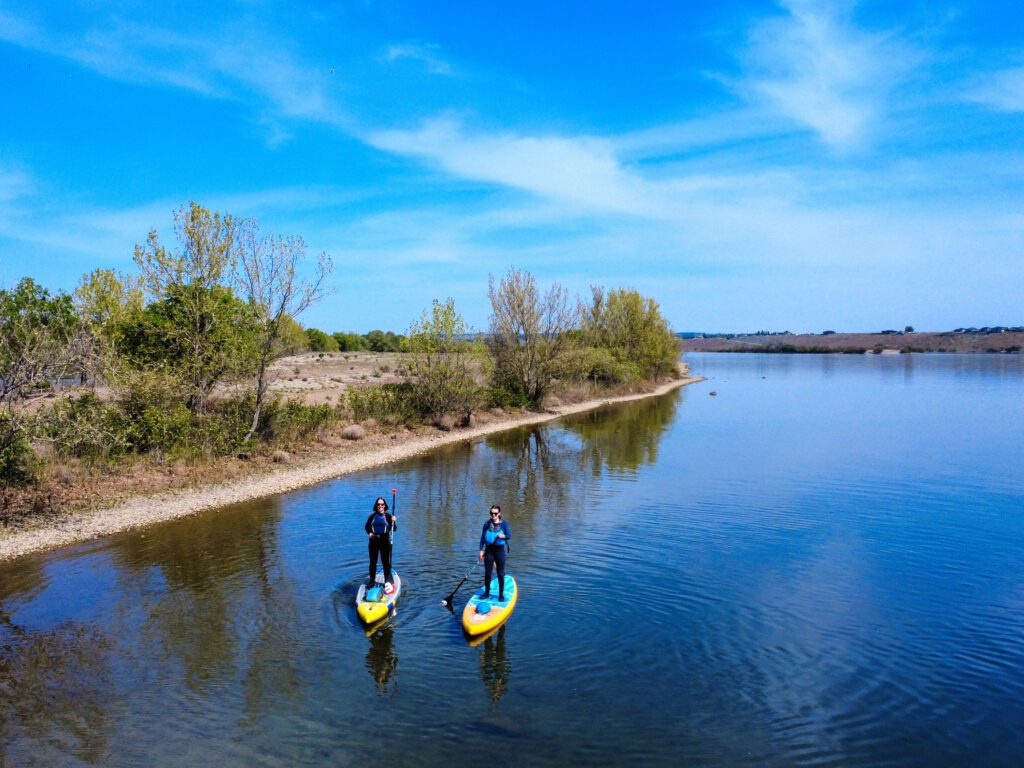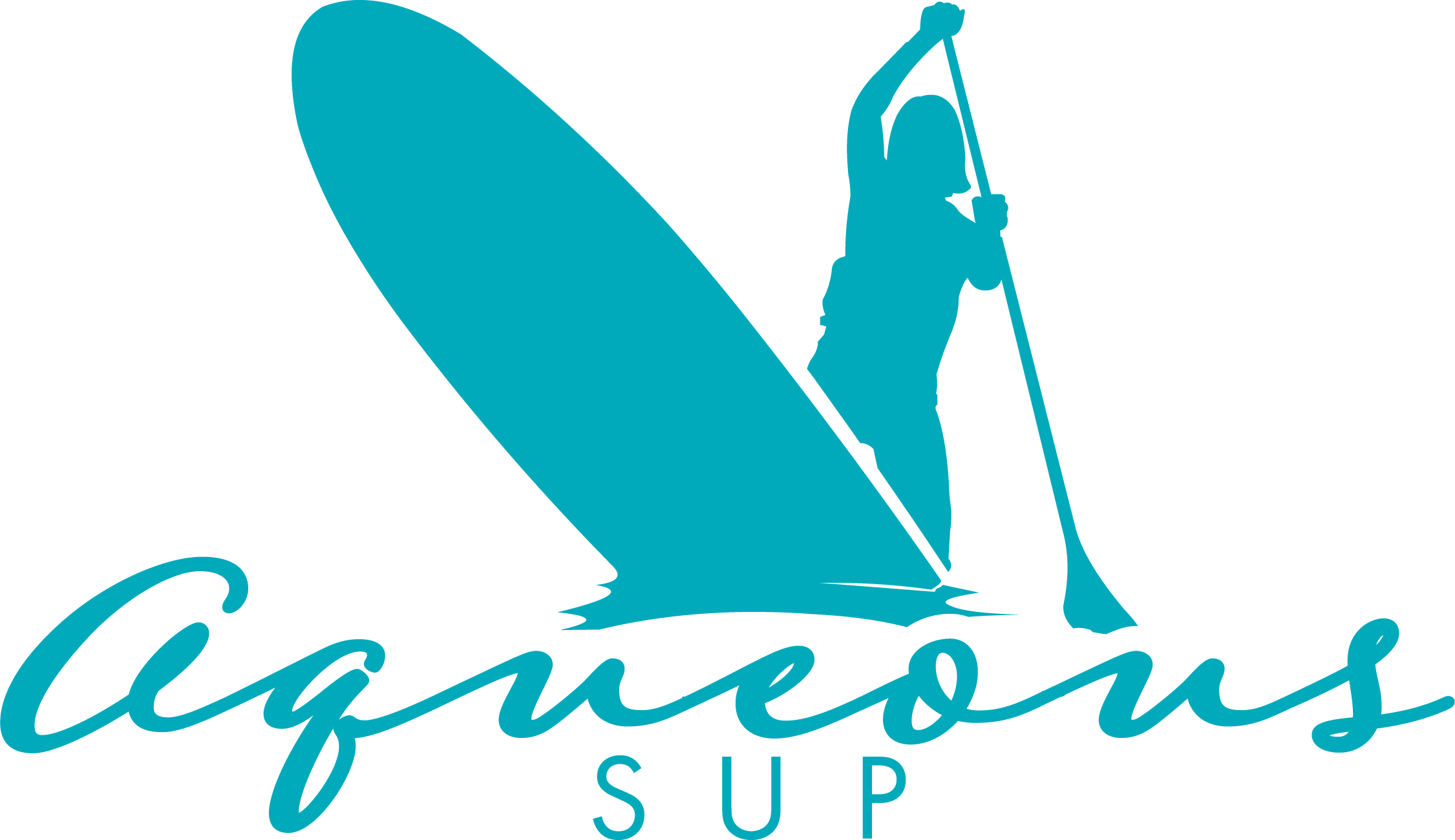Here in the Tri-Cities, we’re fortunate to have access to some of the most beautiful waterways in the region. Whether it’s gliding over the glassy surface of the Columbia River at sunrise or exploring the peaceful waters around Leslie Groves Park, our local waterways provide us with more than just a place to paddle—they’re part of the fabric of our community. They connect us to nature, to each other, and to the history that shaped our land.
But as our communities grow and as more people discover the joy of being on the water, we must ask ourselves a vital question: How can we ensure that our waterways remain accessible for all, while also protecting and preserving them for future generations?
At Aqueous SUP, we’ve learned that the answer lies in recognizing that access and conservation are not separate goals—they are intertwined. If we want to continue enjoying these spaces, we must work to protect them. If we want to protect them, we must ensure everyone has the opportunity to experience them and learn why conservation matters.
What Good Is Access Without Stewardship?
Access is at the heart of what we do. Our goal is to provide people with the opportunity to get out on the water—whether it’s for a leisurely social paddle or an educational clinic. But we believe that access isn’t just about creating more entry points. True access means making sure everyone can enjoy the water in a way that respects the environment and maintains the natural beauty of our waterways.
When we think about access, we have to think about the long term. We know that the more people visit our waterways, the greater the potential for impact. Overcrowding, shoreline erosion, pollution, and habitat destruction are all consequences of increased use if not managed properly. That’s why we emphasize the importance of sustainable access—places where we can paddle safely, without leaving a negative mark on the environment.
We believe that as we increase access to our waterways, we also have to focus on maintaining and preserving them. It’s about creating spaces where people can enjoy nature without harming it. Whether it’s installing more trash bins along popular paddle spots or keeping our shoreline clean, these small actions contribute to the long-term health of our waterways.
Why Conservation Needs Community
One of the most inspiring things about SUP is how it connects us to the environment in such a personal way. Being out on the water, you become acutely aware of the health of the ecosystem—the clarity of the water, the abundance of wildlife, the plants that line the shore. When we spend time on the water, we see firsthand how important it is to protect these spaces.
This is why we believe that conservation needs community involvement. Every paddler, every boater, every angler, and every walker who enjoys our waterways has a role to play in conservation. People who are connected to nature are more likely to care about it, to notice when something’s wrong, and to take action when necessary.
Through each lesson we teach or guided experience we lead, we use the opportunity to talk about sustainability. We share practical tips—like avoiding sensitive habitats, properly disposing of trash, and cleaning gear to prevent the spread of invasive species. These conversations may seem small, but they plant seeds of stewardship that can grow into lasting habits.
A culture of care doesn’t develop overnight, but with every paddler who leaves the water more informed and inspired, we’re moving in the right direction.

Looking Toward the Future
Ensuring the future of our waterways means embracing both greater access and stronger conservation efforts. As the Tri-Cities continues to grow and more people are drawn to our stunning waterways, the need for sustainable access becomes even more important. We must think about how we can expand access without compromising the health of the ecosystems that make these experiences possible. That means collaborating with local governments, conservation organizations, and the community to ensure that development and recreational opportunities are done responsibly.
And it’s not just about what happens today. The future of our waterways depends on how we invest in conservation efforts now. Whether it’s advocating for clean water initiatives, supporting habitat restoration, or educating the public on water safety and ecology, every action we take today helps secure a healthier, more accessible waterway for tomorrow.
We’re committed to being part of that conversation. It’s not just about teaching paddleboarding—it’s about championing the waterways that make all of this possible. Because the future of our waterways isn’t something that happens to us—it’s something we create together.
So, here’s our question to you:
How do you connect with the waterways in your community—and what’s one small step you can take today to help protect them? Whether it’s picking up litter, staying on designated paths, or simply encouraging others to be mindful, your actions make a difference. Let’s keep this conversation flowing—together.

